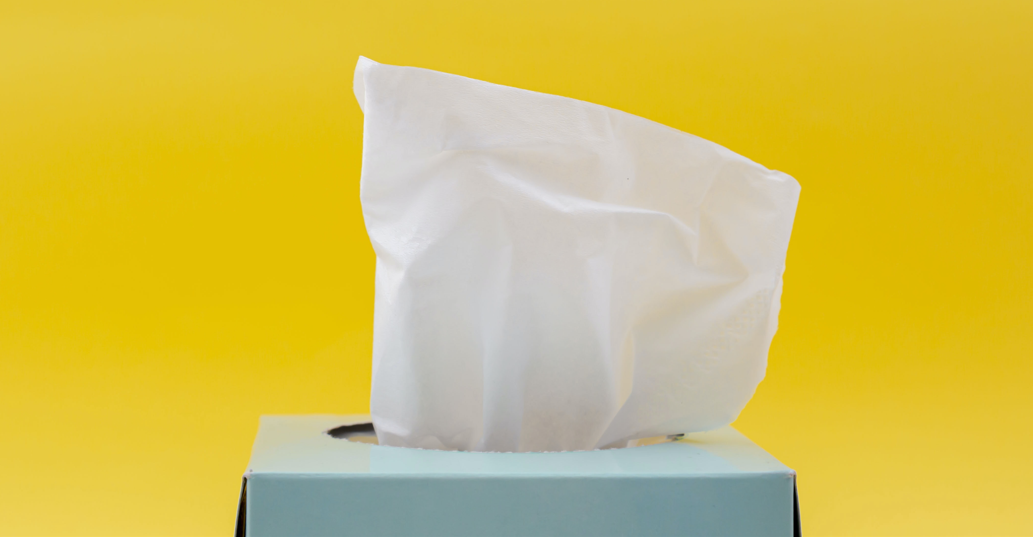Experts say the vaccines are safe even for those with food allergies
By Caitlin Finlay
When two people in the United Kingdom were reported in December to have had severe allergic reactions to Pfizer-BioNTech’s COVID-19 vaccine, the news caused concern for some here in Canada. The Pfizer-BioNTech vaccine was the first to be approved in Canada and distribution began on December 14.
Both of the UK patients had a history of severe allergic reactions and so had adrenaline auto injectors with them, and both fully recovered. Nevertheless, a team of allergists at Massachusetts General Hospital looked into all the available data and have now issued a report stating that the vaccines are safe even for those with food or medication allergies. The researcher’s findings were published in the Journal of Allergy and Clinical Immunology: In Practice.
Health Canada’s chief medical adviser, Dr. Supriya Sharma, told The Canadian Press, “There haven’t been any serious adverse events, or even mild and moderate adverse events, that have been out of line or different from what we’ve seen in the clinical trials.” Moreover, the benefits of the vaccine far outweigh the risks of getting COVID-19.
As of January 1, more than 115,000 doses of the Pfizer-BioNTech vaccine had been administered in Canada, with only nine adverse reactions reported. Reactions included two reports of anaphylaxis, one headache, one severe allergic reaction, one report of facial paralysis, one report of chills, one of fainting, and one report of pain in the extremities. Those with adverse reactions were all women between the ages of 18 and 49, except for one whose age was not known. The more common reactions to the Pfizer-BioNTech vaccine included swelling or pain at the injection site, nausea, hives, and a sensation of pins and needles.
To provide updates on vaccine safety and reactions, the federal government has launched a website where you can find weekly updates on any reported adverse reactions to the COVID-19 vaccine.
While the COVID vaccines are safe for those with food allergies, both Health Canada and the US Centers for Disease Control and Prevention (CDC) have recommended that if you have previously had an allergic reaction to any of the ingredients within the vaccine, including polyethylene glycol and polysorbate, you shouldn’t receive the vaccine. If you’ve previously had a serious allergic reaction to a vaccine, it’s recommended that you speak with your health-care provider prior to receiving the vaccine. The CDC and the US Food and Drug Administration (FDA) have also recommended that if you have an allergic reaction after receiving the first vaccine dose, you shouldn’t receive the second dose.
As with other vaccinations, vaccine providers strongly recommend that those vaccinated be monitored onsite for a minimum of 15 minutes afterwards so that medical attention is available should there be a reaction.
Photo: iStock/PS3000.






